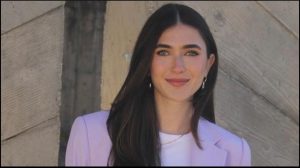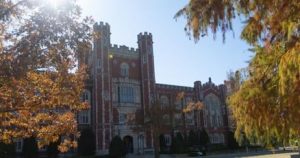Stanford professor David Palumbo-Liu faces backlash for alleged anti-Semitic posts, raising concerns about his impact on students and academic responsibilities.
Who is David Palimbo-Liu?
Professor David Palumbo-Liu is facing scrutiny following the discovery of controversial social media posts, with one stating, “If Israel is not the most hated nation in the world, there is something deeply wrong with the world,” and another encouraging “Zionists” to feel unsafe on campus. Students and colleagues have brought attention to these posts, sparking concerns about the potential impact on Jewish students enrolled in his courses.
Palumbo-Liu, an Associate Professor of Comparative Literature and the Louise Hewlett Nixon Professor, boasts an impressive academic background, having earned a Ph.D. in Comparative Literature from the University of California at Berkeley. His research interests, as outlined in his Stanford bio, span biospheric justice, race, human rights, globalization, and the role of literature in addressing these issues.
The controversy has shed light on the professor’s extensive public writing portfolio, featured in prominent outlets such as The Washington Post, The Nation, and Truthout. His recent book, Speaking Out of Place: How to Get Our Political Voices Back, delves into the concept of political voice, complemented by a podcast covering various topics like human rights, environmental justice, and race.
Also read | Who is Mohammed Ahmad? University of Northern Colorado graduate slammed for antisemitic comments
Palumbo-Liu’s involvement with Truthout, including serving on its Board of Directors, and leadership roles in academic organizations, adds complexity to the unfolding situation. The professor’s posts have prompted questions about his stance on Israel and the potential ramifications for his position at Stanford.
As of now, the university has not issued an official statement addressing the controversy. The incident underscores the delicate balance between academic freedom and educators’ responsibility to foster inclusive learning environments, raising broader discussions about the role of personal opinions in professional spaces.





